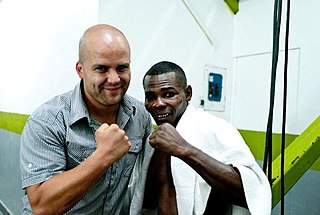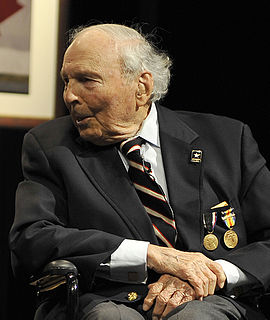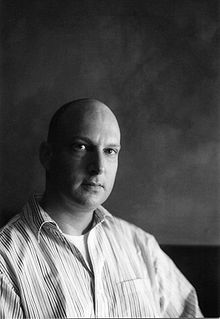A Quote by Sudha Chandran
My role as Chitra is synonymous to my character in real life. If Chitra is crying or shouting or reacting in a certain way then Sudha would have reacted in the same manner.
Related Quotes
I think - since I was about 7 years old - that was when I was first introduced to the comics called 'Amar Chitra Katha' that are published in India. They're not about a superhero, but they encompass all the stories of India, the folklore, the mythology, everything. But most of these stories are about Indian historical figures.
Once you click into a character, to a certain degree, you can do a lot else. You can do other stuff, then come back and click right into the character. It's sort of funny that way, the way the mind works. Once it's there, it's sort of there. For the stage, for example, all through the day, you're not onstage. You're living your life, la-la-la, then the lights go down, then boom! All of a sudden, you're in this thing. There's a kind of reflex muscle trigger that happens, and all of a sudden you're back into the role. It's just getting there in the first place that's tricky.
I have to control my mouth - and that's hard enough - and then I have to manipulate the puppet and make it look real - like, make its interactions look real. And then I have to sing at the same time, and I have to have my facial expressions reacting to the puppet... So it's a lot going on, and I have to focus on every single thing at the same time.
You have a certain objectivity, as a member of the audience, and you can come away maybe being provoked into a certain discourse or a certain arena of questioning, regarding how you would deal with things that your character has to deal with. Whereas when you're doing a film, once you start asking, "What would I do?," you're getting the distance greater between yourself and the character, or you're bringing the character to you, which I think is self-serving, in the wrong way. The idea is to bring yourself to the character.
When you go for something because you're curious about it, you get psyched up about the chance of getting into it. It's like an actor meets a role, and you slip into that body and see what happens, to experience certain conditions, to adopt a certain character. Even shooting is a study of the character. I think both the character and the actor, and eventually the filmmaker - myself - are finding a way to accept their environment and being accepted and feel comfortable of themselves.
Eventually something you love is going to be taken away. And then you will fall to the floor crying. And then, however much later, it is finally happening to you: you’re falling to the floor crying thinking, “I am falling to the floor crying,” but there’s an element of the ridiculous to it — you knew it would happen and, even worse, while you’re on the floor crying you look at the place where the wall meets the floor and you realize you didn’t paint it very well.
































